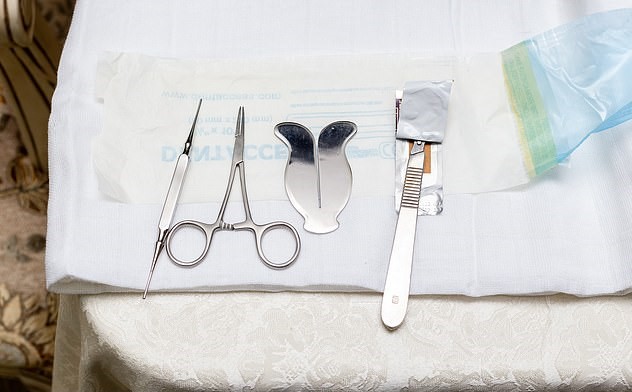Detecting Disease in Early Stages
One major advantage of nuclear scans is finding issues very early, often before symptoms arise or tumors show up on other tests. This allows early treatment when outcomes are optimal.For example, a cardiac stress test with radioactive tracers can spot blocked arteries and blood flow problems way before a patient experiences chest pain or heart attack. Early interventions like stents save heart muscle and lives. Nuclear bone scans detect bone infections, fractures or arthritis much sooner than conventional x-rays when damage is minimal. Catching cancer quickly with nuclear imaging gives patients more treatment options with less invasive surgery.
So patients at risk for certain diseases often undergo regular nuclear scans for detection in initial stages when prognosis is good.
Pinpointing the Cause of Unexplained Symptoms
Some concerning symptoms like long-lasting fever or weight loss can have many possible causes. Nuclear studies help pinpoint issues that might otherwise be difficult to uncover.For instance, a radioactive iodine uptake test can check thyroid function in detail to diagnose over or under-activity that could explain fatigue or metabolism problems.
Likewise, scanning with labeled white blood cells can locate hidden infections causing fevers or inflammation of unknown origin. Finding the source is the first step to proper treatment.
Guiding Surgical and Radiation Therapies
Before surgery to remove cancerous tumors, nuclear tracers help map out their exact location and size. This allows the surgeon to selectively focus treatment on the malignancy only, preserving healthy tissue. Radiation oncologists also use nuclear imaging to guide external beam radiation right at the diseased area while avoiding nearby organs. Limiting radiation exposure improves safety and outcomes.Monitoring Treatment Effectiveness
After starting medications, chemotherapy, radiation or surgical therapies, nuclear scans are useful to monitor how well treatments are working.Seeing if radioactive tracer uptake declines in areas after treatment helps doctors determine if tumors or other problems are responding as expected. Changing course can sometimes improve results.
Therapeutic Uses Beyond Diagnostics
In addition to imaging uses, some nuclear substances treat specific conditions directly.For hyperthyroidism, swallowing a radioactive iodine pill selectively destroys overactive thyroid cells but doesn't affect the rest of the body. Likewise, radioactive agents injected into arthritic joints stop inflammation and provide lasting pain relief.
As you can see, the special properties of nuclear medicine make it invaluable for a wide variety of clinical uses. From early detection to targeted treatment, it offers safe, effective care options for many patients' needs.
Who Can Benefit Most?
While everyone needs good healthcare, certain people are more likely to take advantage of nuclear medicine's unique strengths:- Patients at higher risk for cancers like lung, thyroid and bone, for early screening.
- Those with unexplained symptoms that require specialized scans.
- Anyone about to undergo surgery or radiation therapy to map out treatment.
- Those already being treated whose doctors want to monitor progress.
- Patients with conditions treated by therapeutic nuclear substances.
Conclusion
Don't be afraid of the word "nuclear." This branch of medicine simply uses special properties of materials to provide personalized care. Discuss with your doctor if nuclear medicine could help diagnose or treat your unique health needs.




